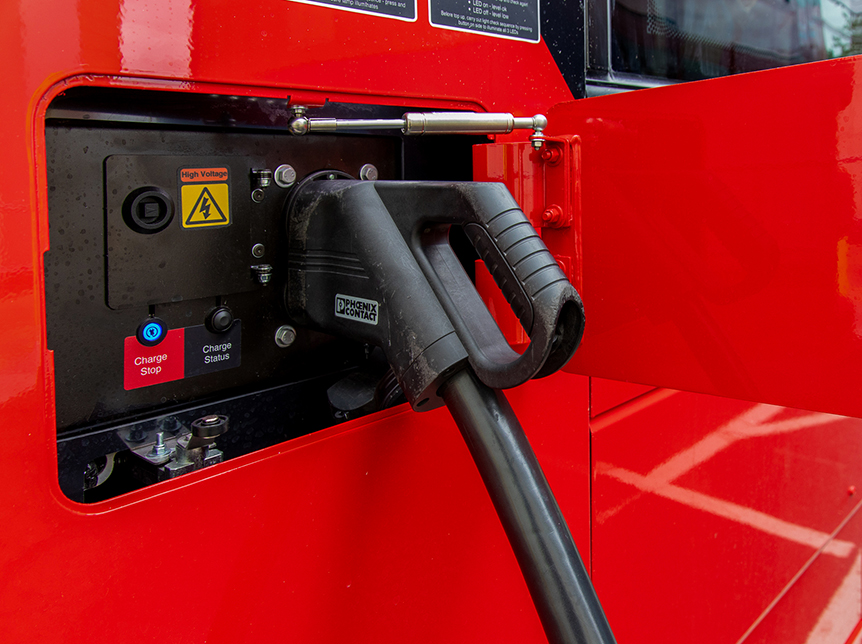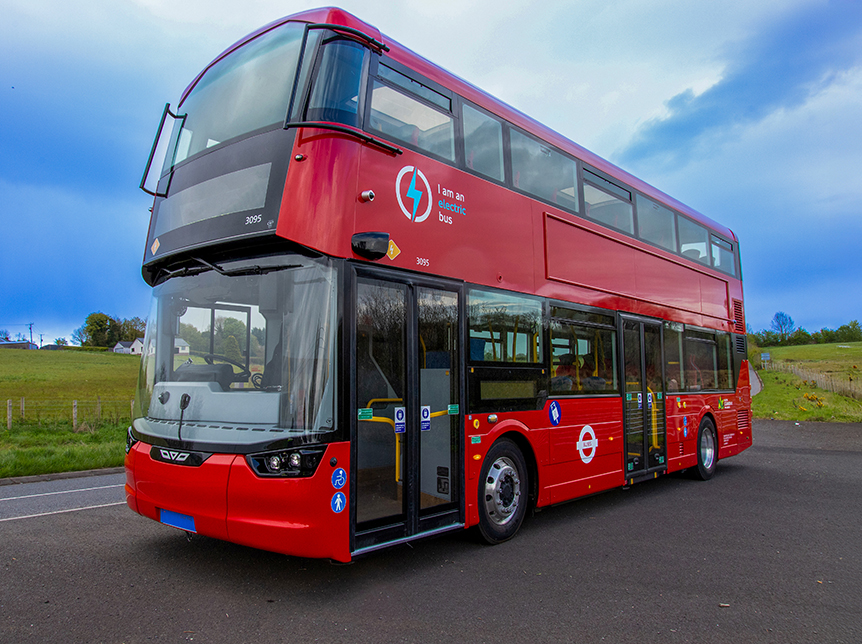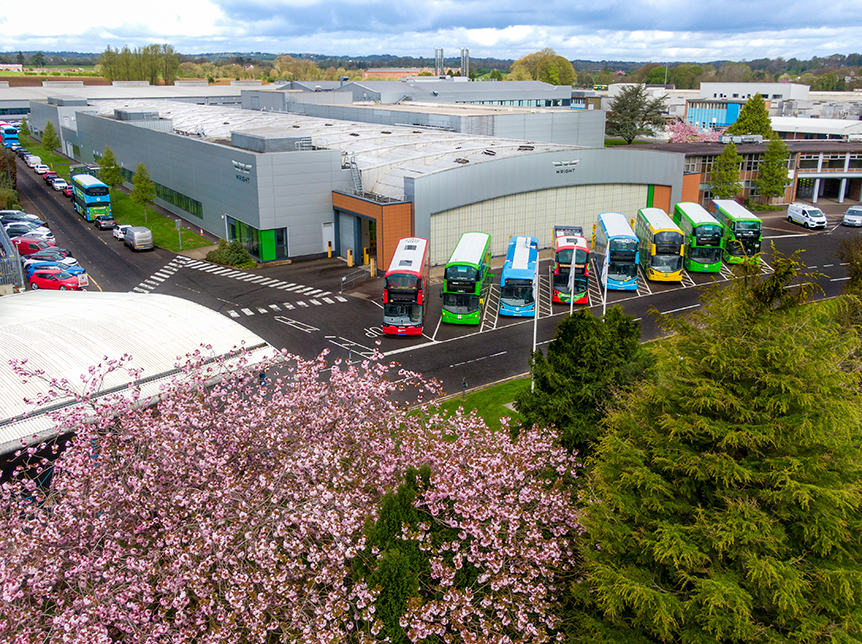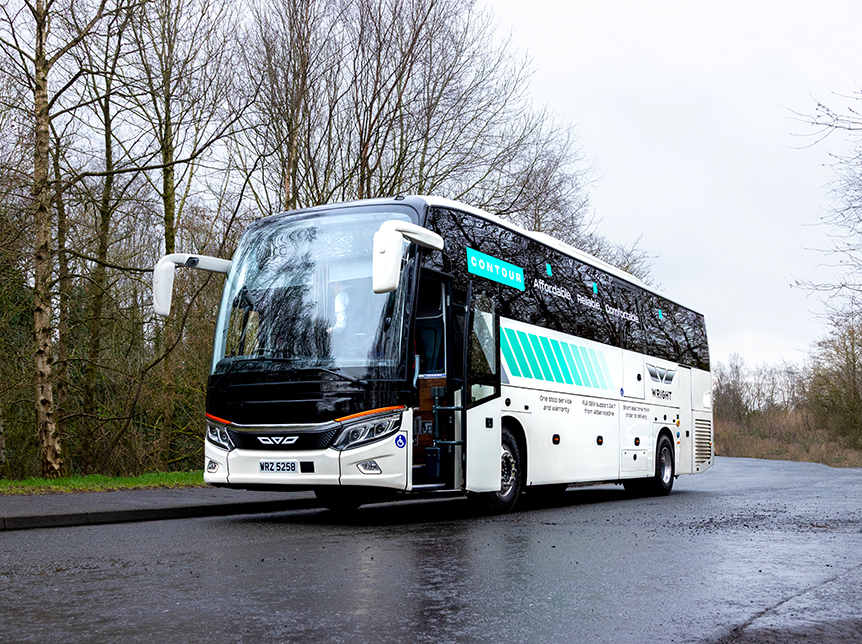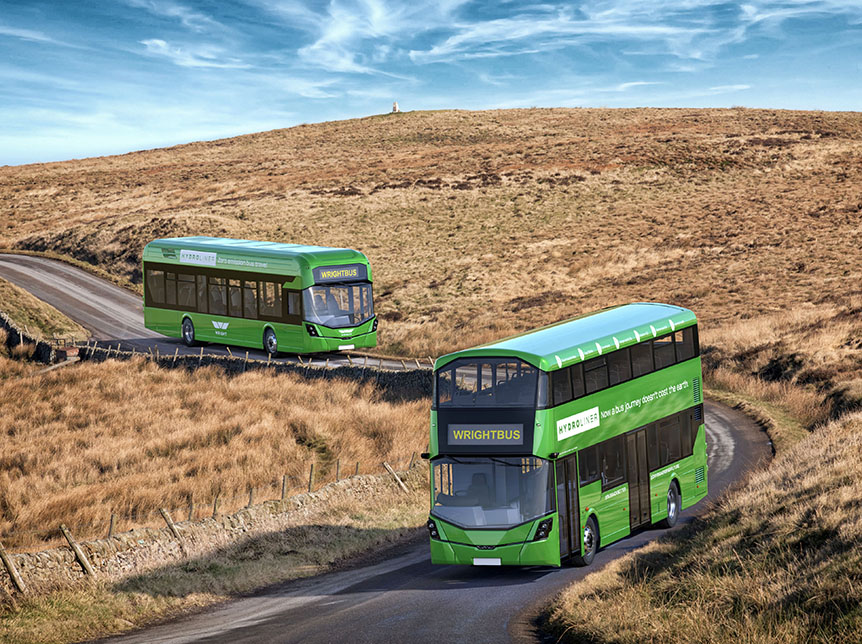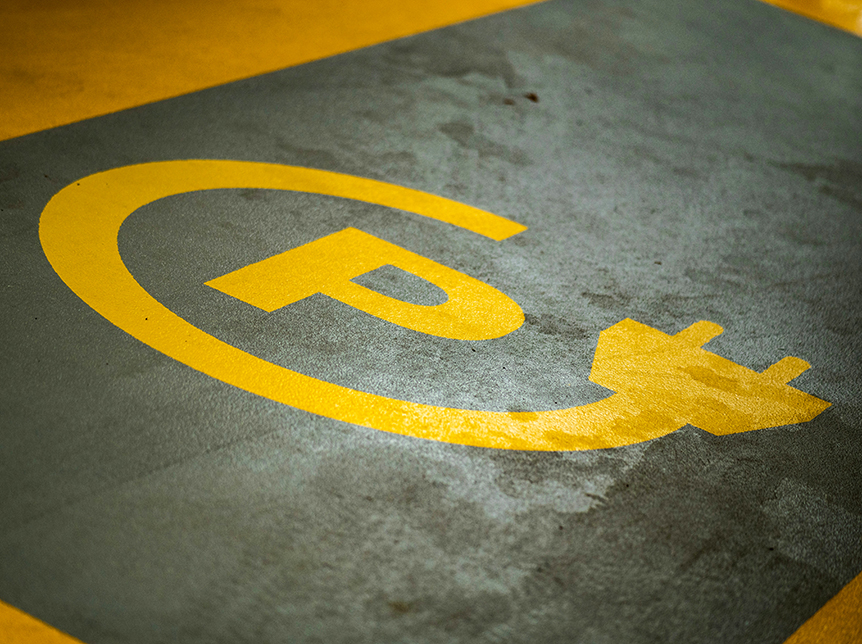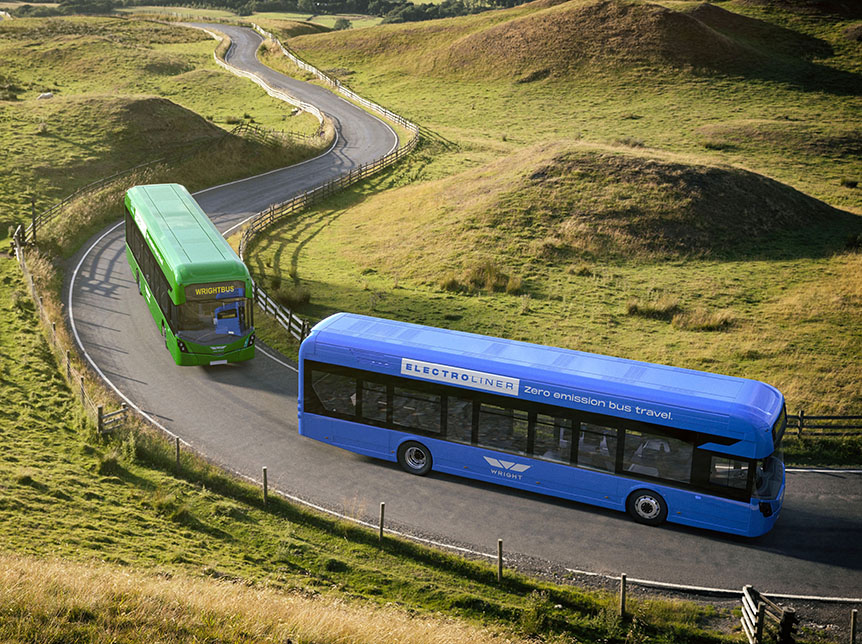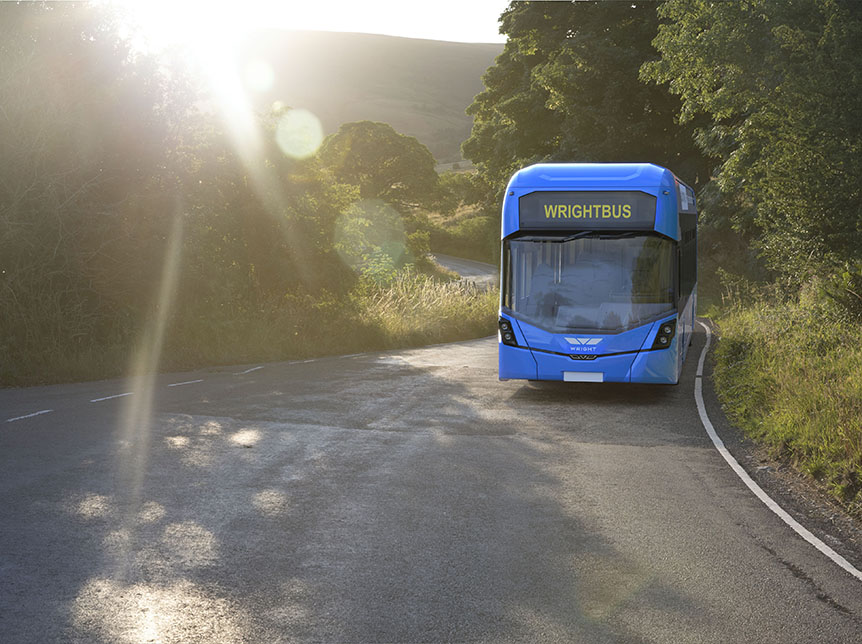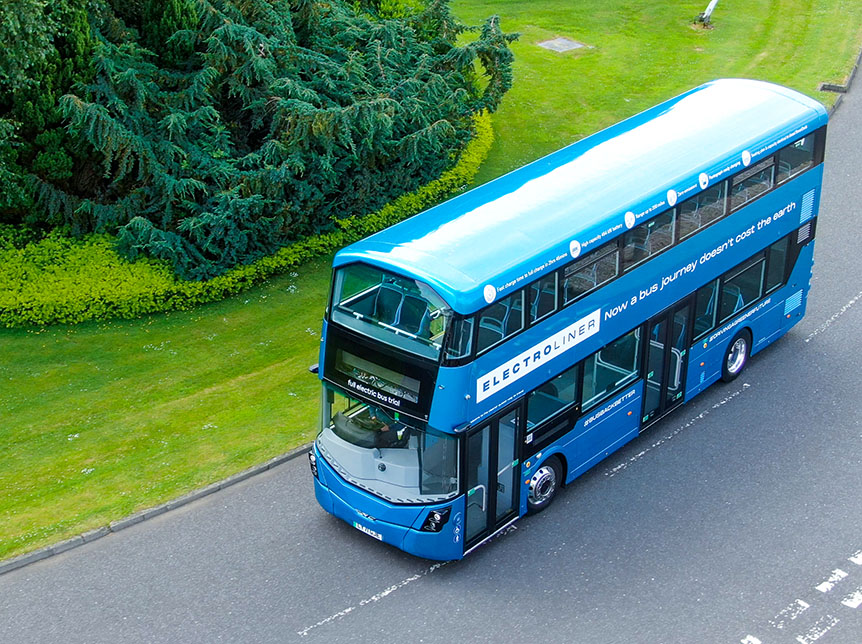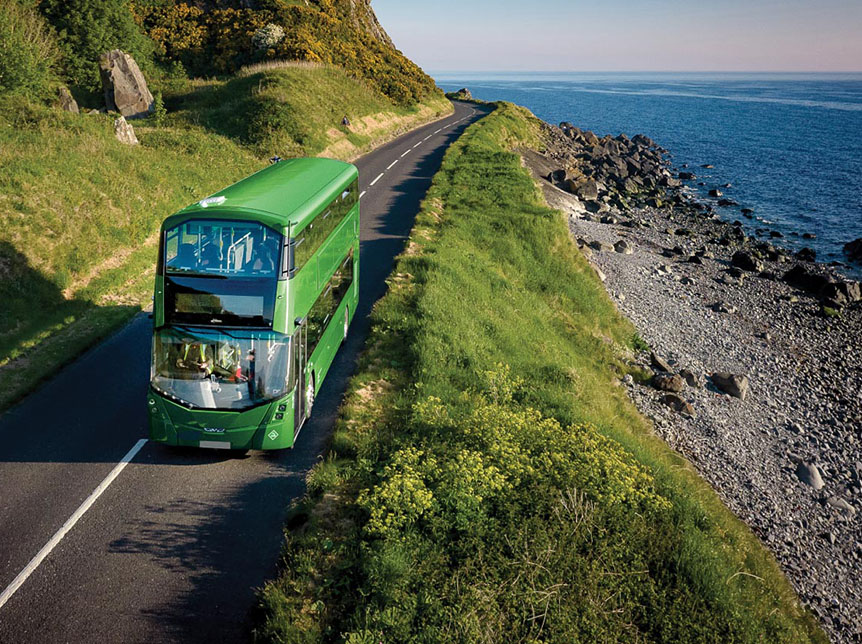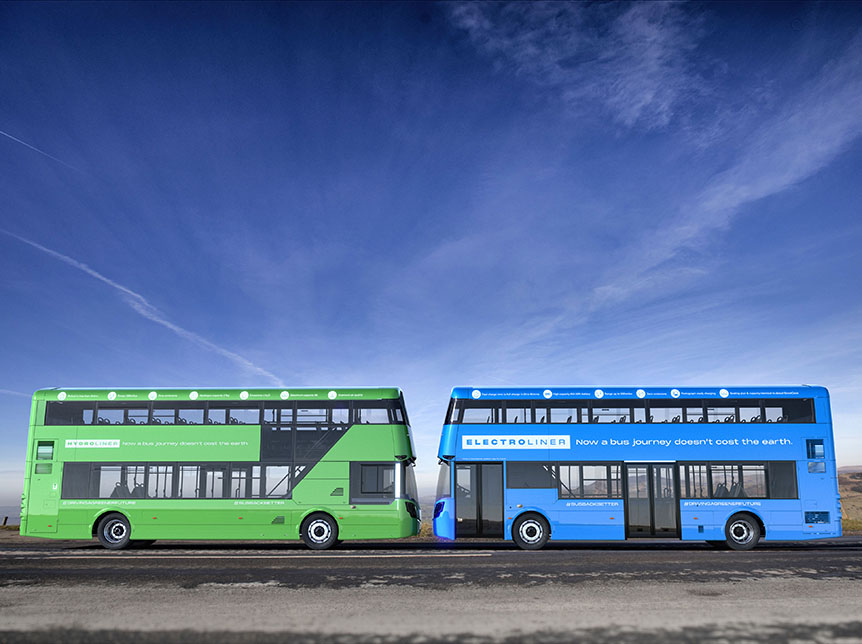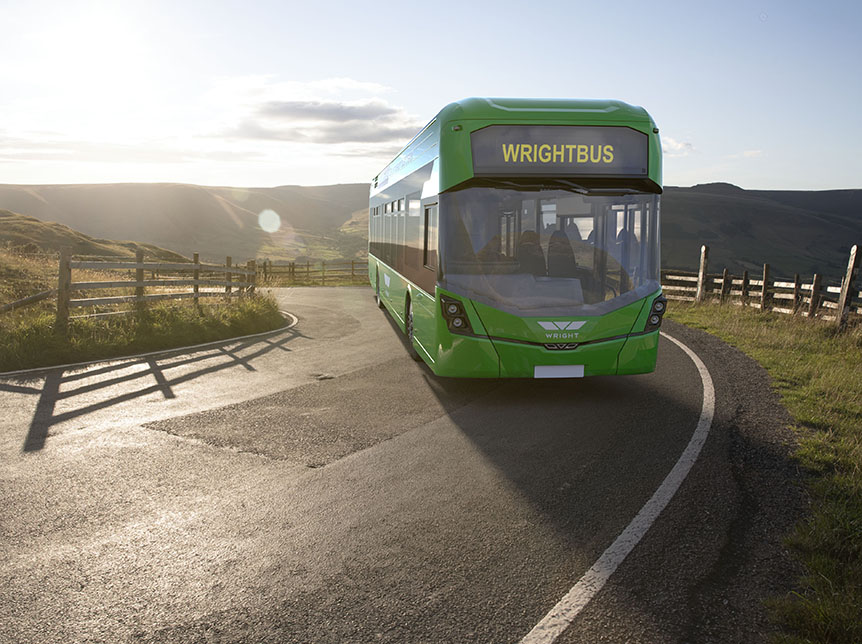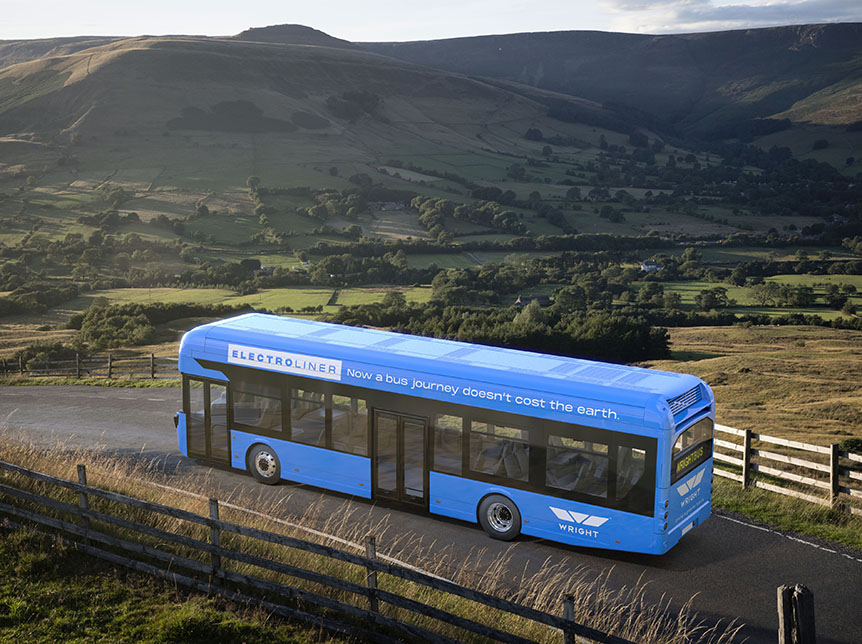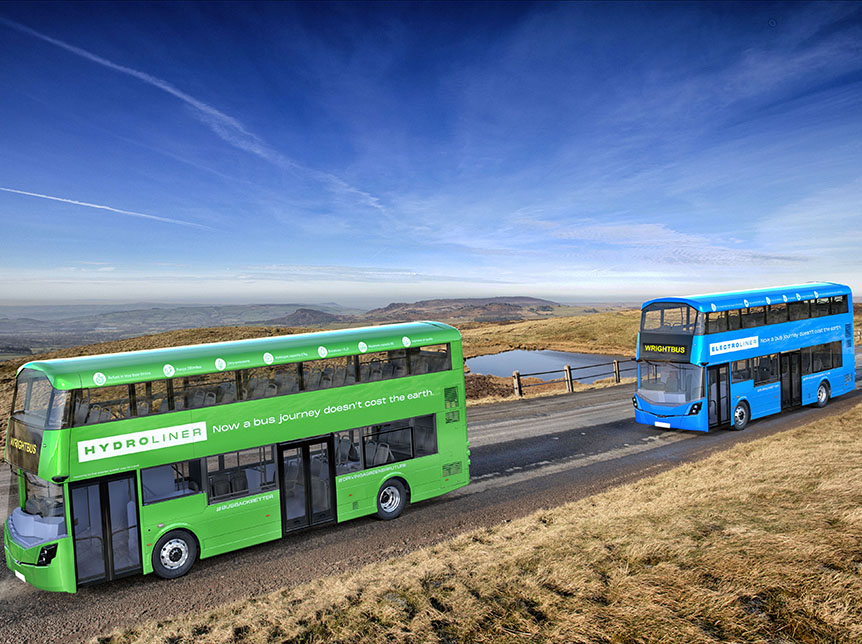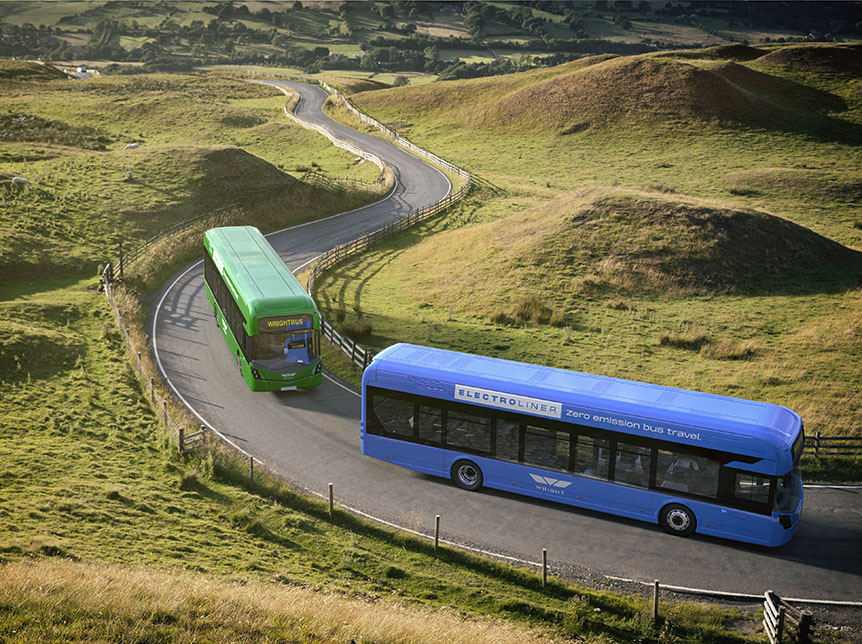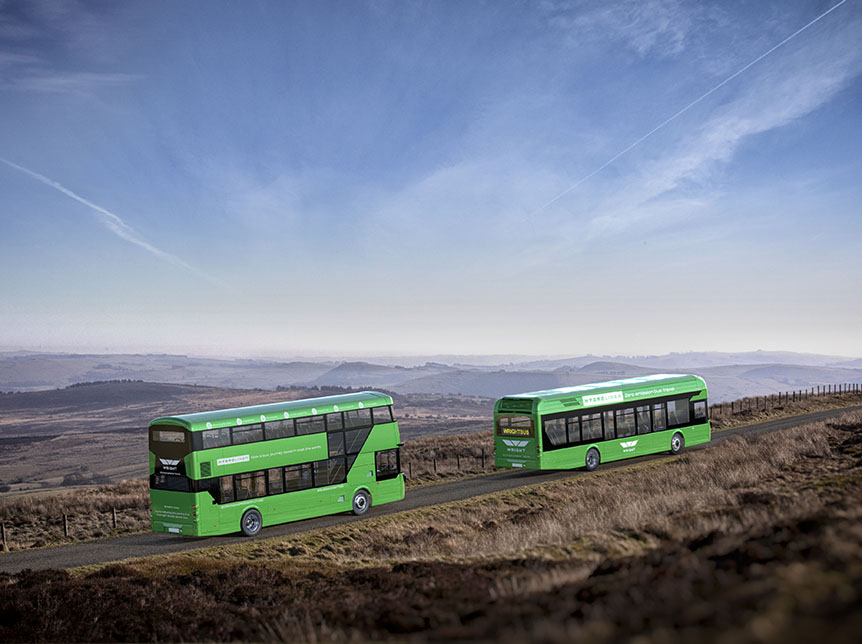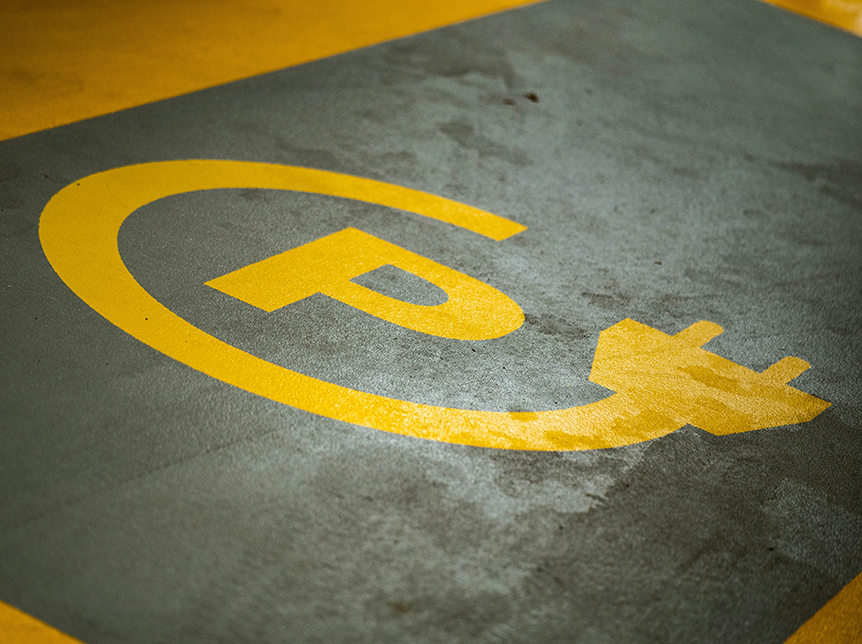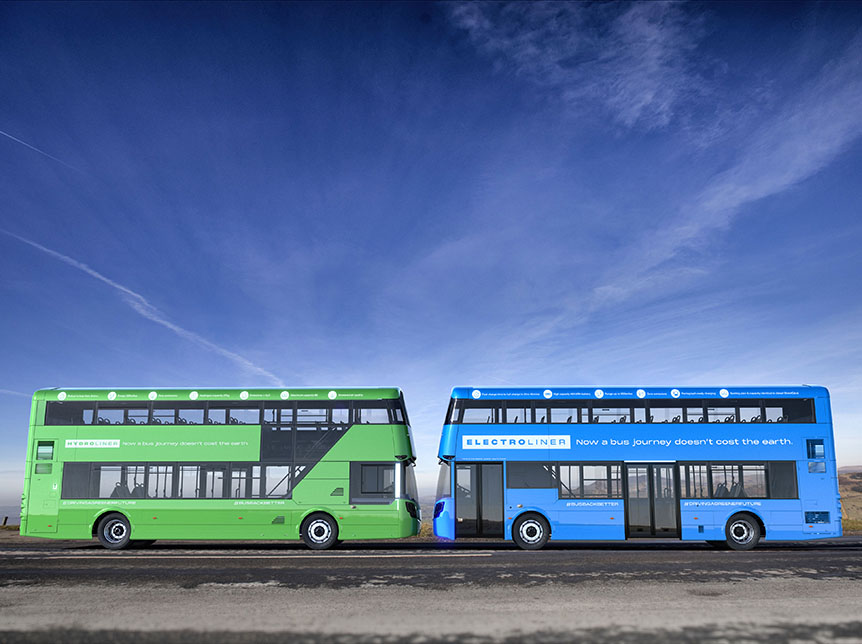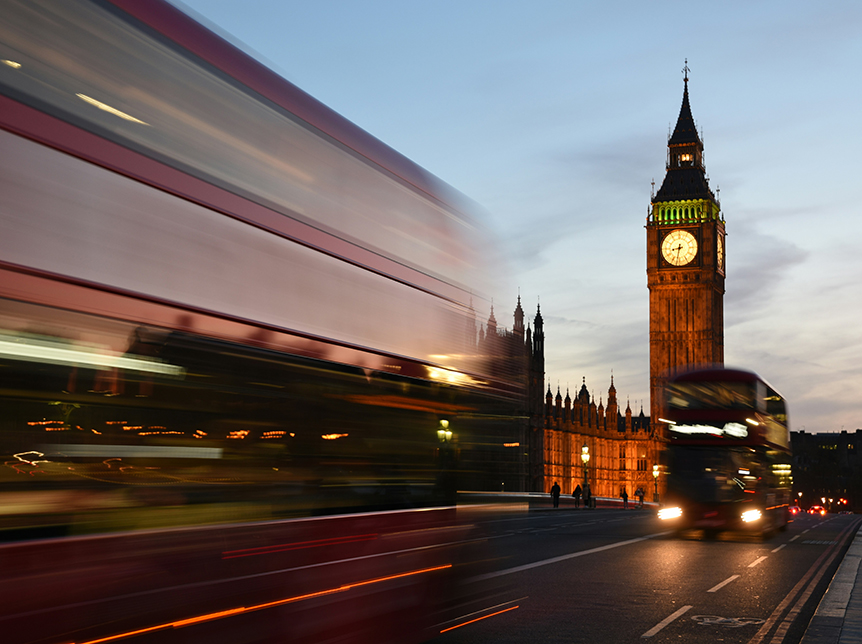
As cities around the world strive to improve public transportation while reducing their environmental impact, two innovations are making significant strides: hybrid buses and the iconic double decker bus. These advancements are not only enhancing the efficiency and capacity of urban transit but are also contributing to a more sustainable future.
Hybrid Buses: A Step Toward Greener Urban Transit
Hybrid buses represent a significant leap forward in the effort to create more environmentally friendly public transportation systems. By combining a conventional internal combustion engine with an electric motor, hybrid buses reduce fuel consumption and emissions compared to traditional diesel buses. This dual power system allows hybrid buses to switch between or simultaneously use both power sources, optimizing energy efficiency based on driving conditions.
One of the primary benefits of hybrid buses is their ability to reduce emissions in congested urban areas, where air quality is often a concern. By relying on electric power during low-speed operation and in stop-and-go traffic, hybrid buses produce fewer pollutants, contributing to cleaner city air. Additionally, the regenerative braking system in hybrid buses captures energy that would otherwise be lost during braking and uses it to recharge the battery, further enhancing fuel efficiency.
As cities around the world continue to adopt hybrid buses, they are seeing the advantages of reduced operating costs, lower emissions, and improved fuel efficiency. This shift towards hybrid technology is a crucial step in the global effort to create more sustainable and efficient public transportation systems.
The Double Decker Bus: An Icon of Urban Mobility
The double decker bus is a timeless symbol of urban transportation, known for its distinctive design and ability to carry a large number of passengers. With two levels of seating, double decker buses maximize passenger capacity without requiring additional road space, making them ideal for busy city routes where efficiency is key.
Originally popularized in cities like London, the double decker bus has become an iconic feature of public transport systems around the world. Its design allows for a more efficient use of space, accommodating more passengers per trip and reducing the need for additional buses on crowded routes. This not only improves traffic flow but also reduces the overall environmental impact of public transportation.
Modern double decker buses have evolved to include various technological advancements, such as improved safety features, enhanced accessibility, and even hybrid or fully electric powertrains. By incorporating hybrid technology, double decker buses can now offer the same environmental benefits as other hybrid vehicles, further contributing to the reduction of emissions in urban areas.
The Synergy Between Hybrid Buses and Double Decker Buses
The combination of hybrid technology and the double decker bus design is a powerful tool in the effort to create more sustainable urban transportation. Hybrid double decker buses offer the best of both worlds: the environmental benefits of hybrid powertrains and the increased capacity of double decker buses. This synergy is particularly valuable in densely populated cities where public transportation needs to be both efficient and eco-friendly.
As more cities recognize the importance of reducing their carbon footprint, the adoption of hybrid double decker buses is expected to rise. These buses not only provide a practical solution for moving large numbers of people efficiently but also contribute to cleaner, healthier urban environments.
Conclusion
Hybrid buses and the double decker bus represent the future of public transportation. By combining the efficiency and environmental benefits of hybrid technology with the iconic design and capacity of double decker buses, cities can improve their public transit systems while reducing their environmental impact. As urban populations continue to grow, the adoption of these innovations will be essential in creating sustainable, efficient, and accessible public transportation networks.
Read more
Single Decker Electric Buses: Paving the Way for Sustainable Public Transport
Read onThe Double Decker Electric Buses: Revolutionizing Urban Transportation
Read onElectric Buses and Hydrogen Vehicles: Driving the Future of Sustainable Transportation
Read onHybrid Buses: The Future of Sustainable Double Decker Transportation
Read onThe Future of Public Transit: Single Decker Buses and Hydrogen Fuel Cell Vehicles
Read onThe Ultimate Guide to Hybrid Vehicles: Discover Why Hybrid Vehicles Are the Best Choice
Read onExploring the Future of Transportation: Battery Electric Vehicles and Double Decker Buses
Read onThe Future of Eco-Friendly Transportation: Hydrogen Fuel Cell Vehicles and Hydrogen Fuel Vehicles
Read onThe Future of Eco-Friendly Transport: Hybrid Vehicles in the UK and Hydrogen Fuel Cells
Read onThe Future of Sustainable Transport: Hydrogen Fuel Vehicles and the Double Decker Bus
Read onNavigating Urban Landscapes: The Versatility of Single Deck Buses and Double Deck Buses
Read onLondon's Bendy Bus Legacy and the Innovation of London Electric Vehicle Company
Read on
Get in touch
Wrightbus has been at the forefront of transport innovation since 1946, relentlessly pushing the boundaries with its commitment to quality, style and safety.
